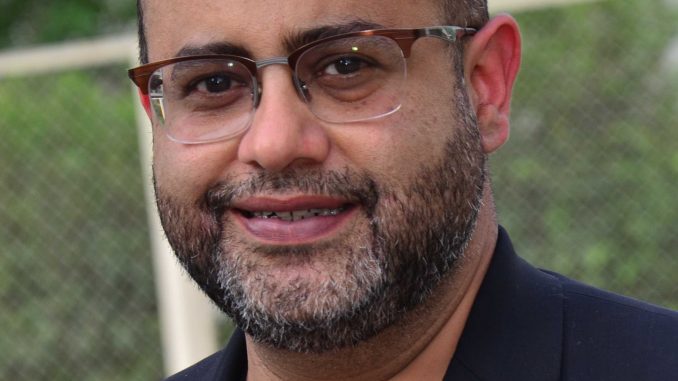
With the adverse effects of the pandemic already being felt across the world, a lot of opinions are emerging with respect to COVID-19’s impact on the real estate sector, an emergency that has force launched the biggest ever work-from-home experiment across the globe , putting a question mark on the relevance of workspaces in a post-Coronavirus world . Our Editor- Saurabh Sinha discusses the issue with Prashant Solomon MD, Chintels India & the Hon Treasurer for CREDAI NCR regarding the same .
SS | The real estate was already suffering from issues of liquidity crunch and unsold inventory. How badly is the sector affected by the COVID virus?
PS | The Covid-19 pandemic dealt a major blow to the real estate sector, which was already reeling under problems such as low liquidity and poor buying sentiment from end users. While some green shoots were seen in the last financial year, India Ratings and Research predicts that overall residential demand, in 2020-21, will go down 25% on-year due to Covid. Unsold inventory levels rose to a 15-quarter high at the end of FY20 and residential sales dropped 5% on-year across the six major cities in India, with the National Capital Region showing the biggest drop. Even the affordable housing segment, which had shown strong demand previously, underwent a decline following Covid. The strict social distancing and mandatory lockdown led to construction being stalled at several projects, creating difficulty for real estate and ancillary sector stakeholders, including migrant labourers and developers.

SS | How helpful have the government initiatives been in supporting the sector?
PS | During the lockdown, the Hon’ble Finance Minister announced that the Covid period should be treated as a force majeure and relaxed timelines forregistration and completion dates for all registered projects expiring on or after 25th March 2020, suo-moto, by 6 months. This move has led to some relaxation for developers while also benefiting homebuyers. Additionally,the special liquidity scheme brought some liquidity relief to the sector.
SS | What is the way forward for the real estate sector and what do you envision as the new normal?
PS | As with every other sector, real estate will also have to adopt innovative technology and reinvent itself post Covid. Design plans and property concepts will have to be crafted based on the new requirements of the hybrid workforce. The new normal offers us opportunities for innovation and we foresee disruptive technologies such as home automation, IoT, and AI being a major part of the construction process. With work from home and hybrid education a possibility now, end consumers are seen choosing greener residences in smaller communities. There will be a greater focus on amenities as people will be required to maintain social distancing till a vaccine is developed. Such residences will also be equipped for future eventualities. The new residences will require dedicate home offices and study rooms to enable the hybrid normal.
SS | As an industry body, how is CREDAI supporting the sector and other developers in these tough times?
PS | As the apex body for private real estate developers in India, CREDAI represents over 12,500 developers through 205 city chapters and 21 state federations. Its numerous initiatives and activities help developers come together and work towards better practices, improved customer service and a stronger realty industry. Since the start of the pandemic, we have been implementing containment measures at sites through “CREDAI CARES” program. Guidelines were issued, outlining best practices for the Construction Sites, Offices and Owners Association to safeguard the employees and communities. CREDAI has also footed the transportation bill for several migrant workers who were keen on returning to the labour camps and it ensured that decent on-site accommodation is being provided for these workers. The organisation has also sought interest waiver for the six-month moratorium period and demanded that the current RBI moratorium be made mandatory, not discretionary, for all banks, NBFCs and HFCs. It also sought a six-month freeze on repayment of any commercial papers, bonds, or non-convertible debentures.
SS | What are some of the reforms you are looking forward to from the government, to ensure the real estate sector emerges stronger, after the crisis?
PS | While the relief measures offered by the Government helped soften the blow somewhat, the real estate industry, the second largest employer in the country, still requires strong support from the Centre. We are looking forward to a large infusion of liquidity, and reforms such as concessions on GST, and stamp duty, to weather the storm and retain buyers’ interest. The sector also requires governmental support in the form of tax incentives as well as looser lending norms and extended repayment schedules, to emerge stronger after the crisis.
SS | Thanks for talking to us Prashant ji , We hope that things stabalize soon and business picks up , Govt takes its relevant actions, Banks do their bit and the Real Estate prices are checked .




Very important, accurate and clear information is given in the article thank you for that.